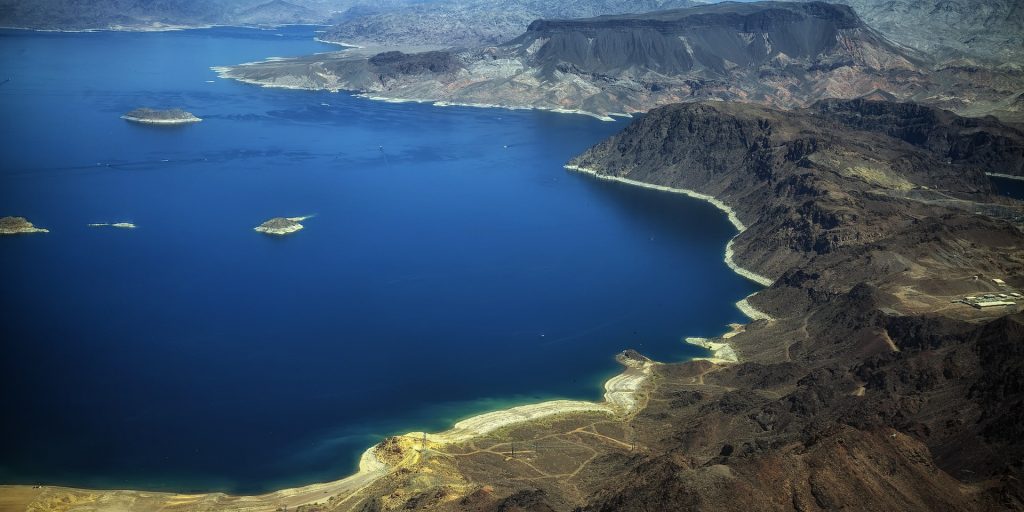Think tank considers future governance of water amid continued impact of climate change
As the climate continues to be impacted by human development and ongoing management practices, industry experts predict that water and access rights will become “central to pivotal governance decisions, intractable social debates and climate initiatives,” according to the latest Water 2050 Governance Think Tank Report on governance from the American Water Works Association (AWWA).
Between Feb. 27 and March 1, 27 industry thought leaders gathered at the Reservoir Center for Water Solutions in Washington, D.C. to consider future regulation of water, alternative ideas to govern water as a utility, and the extent to which water should influence political decisions. Participants “included highly respected voices from the water and wastewater utility community, regulatory agencies, international development agencies, manufacturing and consulting firms, advocates, academics, and CEOs. The group engaged in a series of facilitated discussions and developed recommended actions that can be grouped into four broad categories,” reads a statement about the report.
Passed reports have focused on the economics, technology, and sustainability of water. The fifth and final think tank, focusing on social/demographics, is scheduled for late April in Birmingham, Ala.
In the face of the challenge, participants put forward seven recommended actions for administrators to take: encourage a single governance structure for water; create fit-for-purpose standards; regionalize water utilities by watershedss; partner with other utilities; set rates based on the full cost of service; create a flexibile governance framework; and integrate utility performance standards.
As the scarcity of water becomes more of a problem, the report says that governments should integrate existing, disparate regulations into a “single, holistic framework.” Along with that, participants predicted that governments will engage with a much broader network of stakeholders—from atmospheric scientists to planners, and land and water managers—and will centralize data and resources under a single umbrella. They’ll also launch public education campaigns, and integrate problem-solving throughout the water cycle.
Over the next 30 years, “countries will increasingly develop national approaches to manage and regulate water. Broad governing bodies will introduce strategies to oversee multiple aspects of the water cycle, from source to use, to recovery and discharge,” the report continues. “Resource and resiliency concerns will advance a ‘one water’ mindset, as governments incorporate source water protection, stormwater and wastewater management, potable and non-potable reuse into their management strategies.”
Likewise, water regulations will become broader and more specific. Instead of two scopes for ‘drinking’ and ‘wastewater,’ the report says that, by 2050, regulations will include “a range of fit-for-purpose standards’ for various uses like toilet flushing, washing, agricultural irrigation, and industry, among others. Regulation will also allow more non-potable water to be reused.
“Advances in point-of-use treatment technologies will encourage standards that allow consumers and end-users to customize and monitor their own water quality. Still, a framework must be designed at the highest level of government in order to establish a set of consistent standards that can be applied broadly,” the report says.
With increasing focus on water and its management, regulations will expand beyond how it’s filtered and cleaned to the financial practices that surround it.
“Best practices in utility operations and financial practices—defined and promoted by the water community —will be better understood by decision-makers, businesses and consumers, encouraging accountability in the utility sector and strengthening public trust in water services,” the report says. “Performance metrics and targets will be established for water management throughout the water cycle, allowing utilities to track and report on key performance outcomes and incentivizing utilities to demonstrate excellence.”
To view the complete report, visit the American Water Works Association’s website.




















